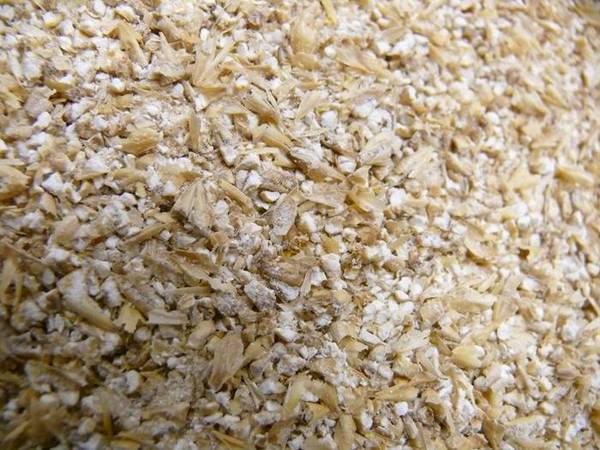Lazybrew
Active Member
For the seasoned all-grain mashers out there:
I had a horrible brew day yesterday. I was brewing the blonde/cream ale I've been working on and just had a hell of a time.
First of all, my goal was to determine my extract efficiency with a dumbed-down version of this beer using only pale and vienna malts. I chose them for their high enzyme content. Anyway, I mashed in my cooler/mash tun at 150-ish for 60 min. Then sparged with enough water to get 7 gallons of wort. I had a slightly stuck runoff, so I ran the whole batch back through the lauter to get some of the suspended material out and that worked great.
Here's the big problem. My target gravity for this beer is 1.040. After the runoff I took a gravity reading of 1.019 for seven gallons. 1.019? Check my math, but had I just boiled that wort down to five gallons, I'd have only ended up with about 1.026 OG. I ended up saving the batch with about 1 1/2 lbs. of DME, but if I'm getting half of the fermentable sugar out of extract, what's the point in spending all this time with the mash?
I've had some problems with low efficiency in the past, (this is my 6th all-grain batch) but nothing like this. Any suggestions? I've read the tips for improving efficiency, (sparge with more water, more grain etc.) and have employed them successfully. But this batch has me frustrated. Talk me down.
I had a horrible brew day yesterday. I was brewing the blonde/cream ale I've been working on and just had a hell of a time.
First of all, my goal was to determine my extract efficiency with a dumbed-down version of this beer using only pale and vienna malts. I chose them for their high enzyme content. Anyway, I mashed in my cooler/mash tun at 150-ish for 60 min. Then sparged with enough water to get 7 gallons of wort. I had a slightly stuck runoff, so I ran the whole batch back through the lauter to get some of the suspended material out and that worked great.
Here's the big problem. My target gravity for this beer is 1.040. After the runoff I took a gravity reading of 1.019 for seven gallons. 1.019? Check my math, but had I just boiled that wort down to five gallons, I'd have only ended up with about 1.026 OG. I ended up saving the batch with about 1 1/2 lbs. of DME, but if I'm getting half of the fermentable sugar out of extract, what's the point in spending all this time with the mash?
I've had some problems with low efficiency in the past, (this is my 6th all-grain batch) but nothing like this. Any suggestions? I've read the tips for improving efficiency, (sparge with more water, more grain etc.) and have employed them successfully. But this batch has me frustrated. Talk me down.



